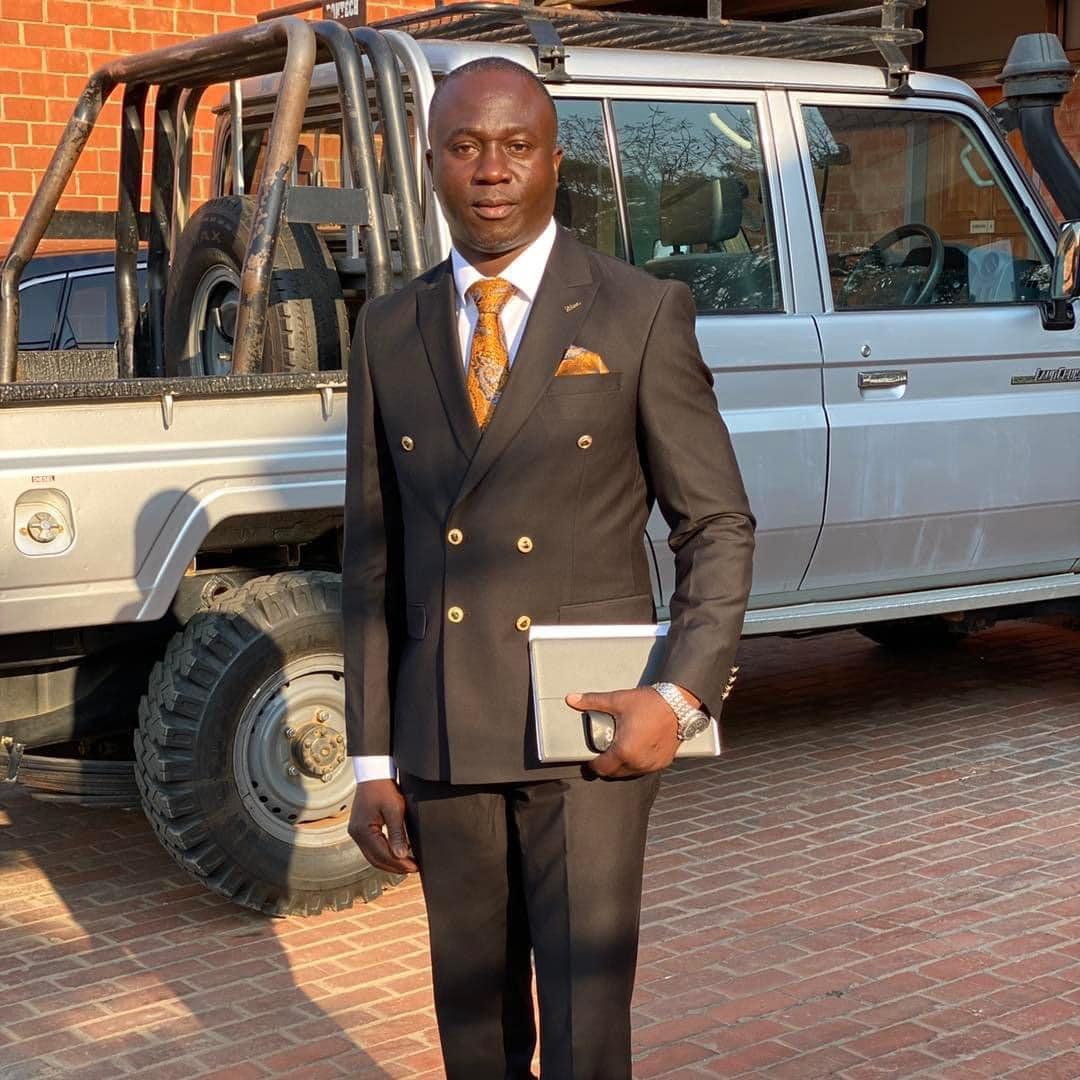Africa-Press – Zambia. Government needs policy consistency to nip in the bud the environmental disaster that will engulf Lower Zambezi National Park should Kangaluwi open-pit copper mine go ahead.
It is clear that public opinion outweighs any business interests the protagonists of this ill-conceived mining project are advancing. It is unfortunate that the Minister of Green Economy and the Environment has given a go-ahead to Kangaluwi Copper Mining Project while the Presidency says they are opposed to this project.
For nearly 100 years since commercial copper mining started in Zambia in 1925, the country has been left with gaping holes, broken roads, limping railway systems, environmental pollution in mining communities and a huge public debt. One need not look further than the lead-poisoned town of Kabwe, the stunted trees and malnourished vegetation of Chambishi, Kansuswa, Wusakile and Roan mine townships to understand the price we have paid in terms of environmental degradation.
This is what open-pit copper mining will do to the fragile eco-system in Lower Zambezi National Park and the surrounding game reserves of Chiawa, Luano and Rufunsa. It is a well-known fact that in open-pit mining, 90 percent of what is mined is soil which has to be dumped somewhere while about 10 percent of copper ore has to be smelted to extract copper.
Whenever the rains fall and whenever the winds blow, the toxic elements in the mine dumpsites and the Sulphur emissions from copper smelters find their way into river systems, underground water and surface soils. So toxic are these elements that even iron roofing sheets on houses built West of copper smelters in mine compounds on the Copperbelt have been corroded and destroyed.
Should Kangaluwi Copper Mine project be allowed to straddle the middle of the Lower Zambezi National Park, where the Zambezi and the Kafue River systems converge, the damage to vegetation, aquatic life, flora and fauna will be so huge that human-animal conflict will be exacerbated as the animal population in that fragile eco-system scatters in search of food. As for the anticipated job creation, that would not be realized because digital mining has made it possible for machines – huge one for that matter – to dig, carry, crush and smelt copper ore with fewer human beings at the controls.
Such is the heavy price we have paid for embracing automation without paying much attention to a just transition and appropriate technologies that can deliver jobs and investments in the so-called green economies and green jobs. The UPND Government will do well by levelling commercial gold and manganese mining which are being done in a haphazard manner.
Existing large copper mines also need to pay fair taxes given the high demand for copper and super commodity prices on the international market. Getting our act right on gold, manganese, copper, cobalt and gemstones mining is a lesser evil than the blame game we are seeing from Kangaluwi Copper Mine Project.
Where public opinion outweighs business interests, the presidency has but one option – which is – to cancel the mining license in Lower Zambezi National Park. We cannot afford to have the Minister of Green Economy and the Environment saying one thing while the Presidency says another thing. Policy coherence is needed on this matter.
For More News And Analysis About Zambia Follow Africa-Press







